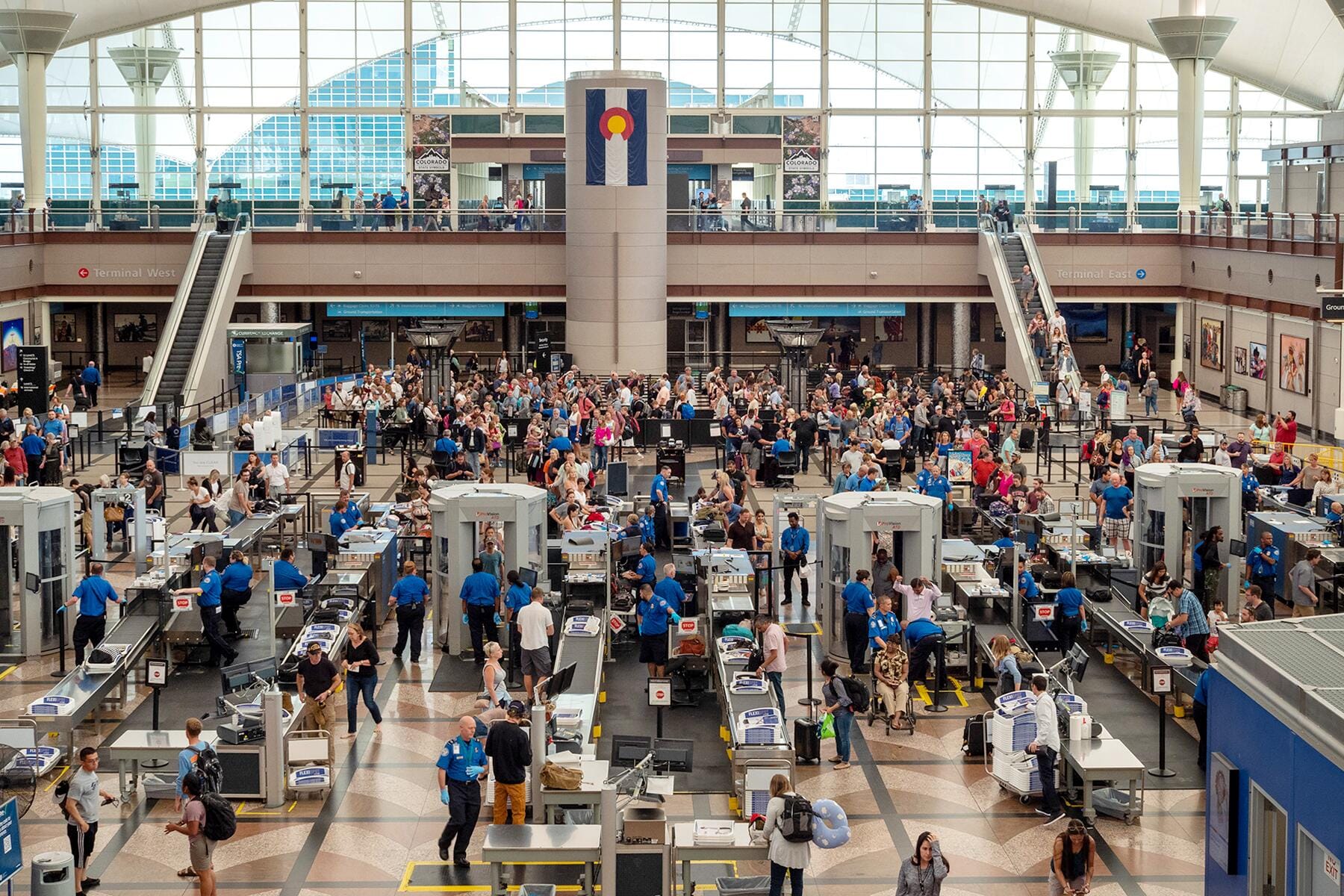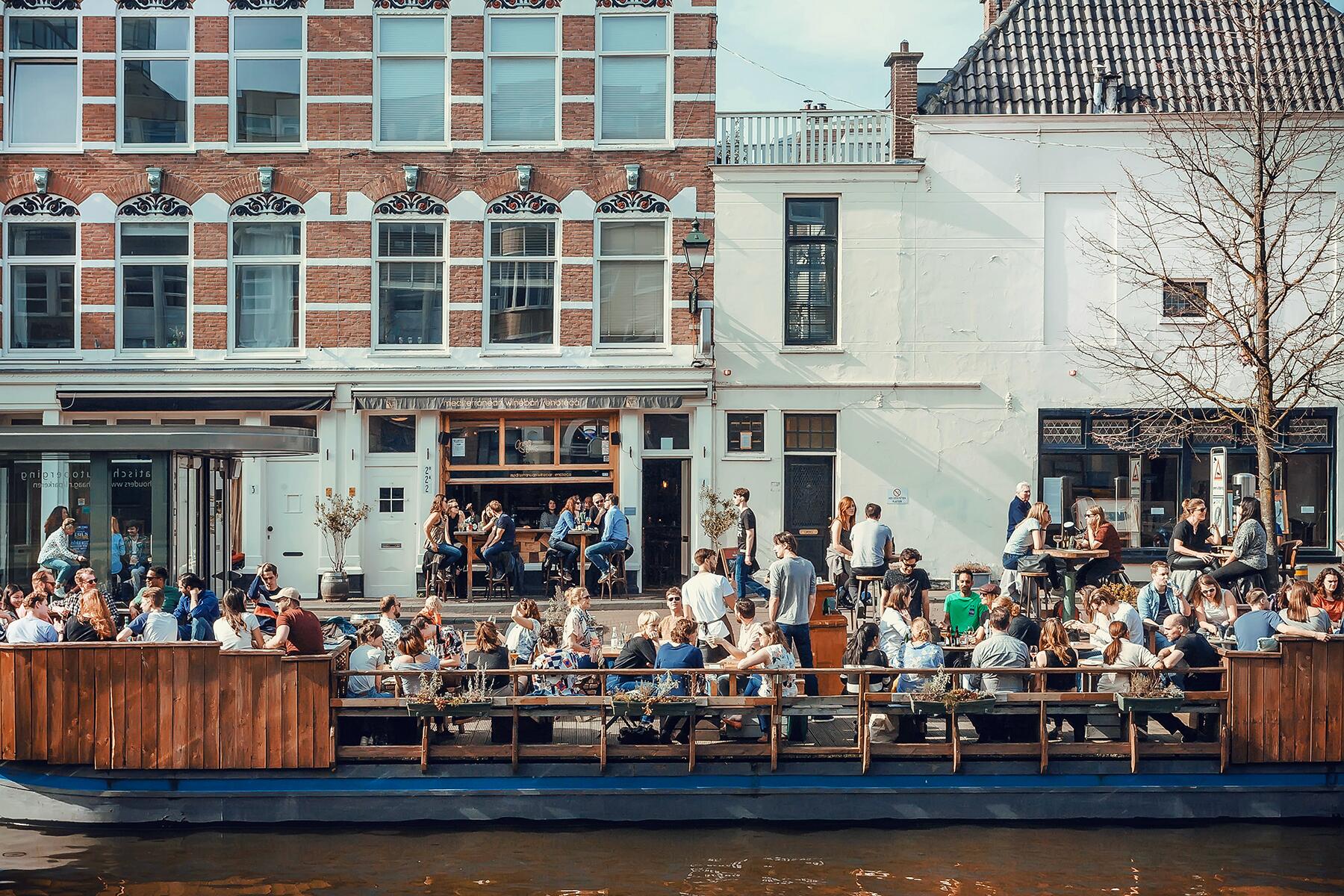The year started with "revenge travel" and it is ending with "trip stacking."
Travel bans, cancelations, and delays have become synonymous with the holidays. This summer, there was an uptick in bookings, but the Delta variant again closed many doors and axed many plans. It has been another year of disappointments for travelers who wanted to see family, meet friends, and go for a holiday safely. But travelers are resilient and innovative. The disruption and uncertainty caused by COVID-19 and the pandemic fatigue are driving new ideas.
The trend for this fall is trip stacking.
If Not This, Then That
Travelers, wary of their trips getting canceled, are booking two trips around the same dates. One, a riskier option (like a cruise or an international holiday), and second, a more reliable option such as a road trip to a national park. Since things can change overnight, travelers aren’t willing to allow border closures, new infection rates, and difficult requirements stop them from going on a trip completely. Plus, families want to feel safe if their kids are unvaccinated and if traveling to a destination where rates may be rising is a big risk. To them, it makes sense to have a backup if things fall through.
Refundable bookings and flexible dates are the way to go here. It does cost a little more to book fully refundable holidays–airlines and hotels may also charge non-refundable booking fees, but it’s a better option than losing all your money if you need to postpone. And that’s another option: you go on a trip that’s more feasible at that time and postpone the other to a later date.
Recommended Fodor’s Video
It’s a whole new world of rules, guidelines, and policies to navigate, so people are using travel agents to make the process easier. It takes a fair bit of research to decide where to go, to understand cancellation and rescheduling charges, and to make the best of it—and this is where experts come in. For example, an airline won’t let you book two itineraries for the same dates. And some, if you cancel, may give you a travel voucher. You will also need travel insurance that offers you a “cancel for any reason” clause, or you may lose money. In addition, an agent can help you make multiple bookings for restaurants and attractions, and change them, should you need it. They can take the burden of making cancelations or postponing your bookings.
But you can do this yourself, you need to invest some time in reading the fine print. Trip stacking is a tricky and time-consuming process, and mistakes will cost you a pretty penny.
There are downsides to double-booking or trip stacking. Prices of hotels and flights will drive up for everyone when the demand increases, making it expensive to travel. The last-minute cancelations will mean that airlines and hotels will ultimately lose money on these bookings. It’s also double the work for a travel agent, who will be making different bookings and itineraries for the same holiday—they may charge extra to provide this service.
If you are double-booking your holiday, make sure you make cancelations as soon as you know where you’ll go. It’ll give someone else the chance to book that seat and room.



